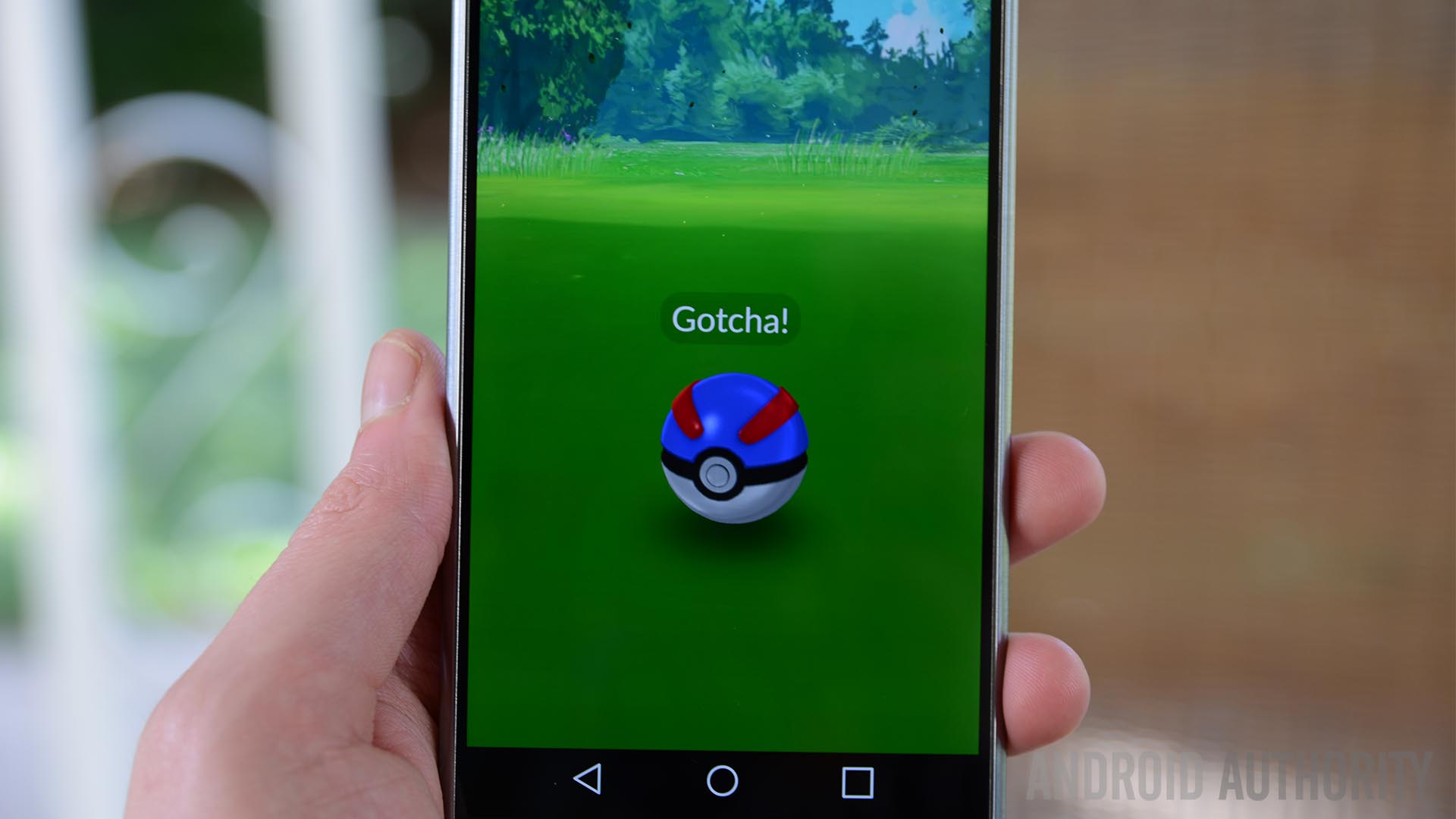Affiliate links on Android Authority may earn us a commission. Learn more.
Federal judge to decide on Pokémon Go virtual trespassing suit

A federal judge in the US is set to decide whether a lawsuit claiming Pokémon Go’s developer is responsible for negligence and virtual trespassing can go forward.

Unless you’ve been living under a rock for the past year or so, you know how insanely popular Pokémon Go still is. Not only did it break all sorts of records within the first few months of launch, but it still generates more than $30 million in monthly revenue worldwide, according to The Wall Street Journal. And if you’ve been following the crazy stories of Pokémon Go players flocking in massive hordes both in public and private spaces, you probably have an idea of just how intrusive this game can be.
That’s why residents from several states in the US are suing Niantic, the company behind the augmented reality game. According to their argument, Pokémon Go caused a significant number of people to physically trespass on their property, a situation created and neglected by Niantic. Not only that, the argument claims that the placement of Pokémon characters and Pokéstops is a form of trespassing, albeit virtual.
The argument claims that the placement of Pokémon characters and Pokéstops is a form of trespassing, albeit virtual.
For instance, residents of the Villas of Positano in South Florida state that hundreds of people flocked to their 62-unit complex, violating parking regulations and even relieving themselves on the landscaping while on their hunt to catch these virtual creatures. A plaintiff from New Jersey adds that at least five people approached him in his home to see if they could access his backyard. These are few of the many nightmarish stories shared by the plaintiffs from all across America.
Niantic responded by saying that virtual objects placed on private property should not be considered trespassing because they are not physically tangible. Not only that, a virtual intrusion is less invasive than “noise, vibrations, dust, or a chemical cloud, all insufficient for trespass.” The company added in a court filing that should the court find Niantic guilty of virtual trespassing, it could have detrimental implications for other online services and restrict not only individual entertainment but also academic applications.
Whether the federal judge will let this case move forward or not is going to be a fascinating topic to follow simply because this lawsuit involves completely novel circumstances that have risen with new technological norms. Not only do laws regarding negligence and trespass vary from one state to another, but there are very few, if any, precedents with regards to virtual trespassing. However, one thing is for sure, and that is as more augmented reality games and apps are created, these issues will become even more pertinent not just in the legal world but in our personal lives as well.
What are your thoughts on this lawsuit? Let us know.